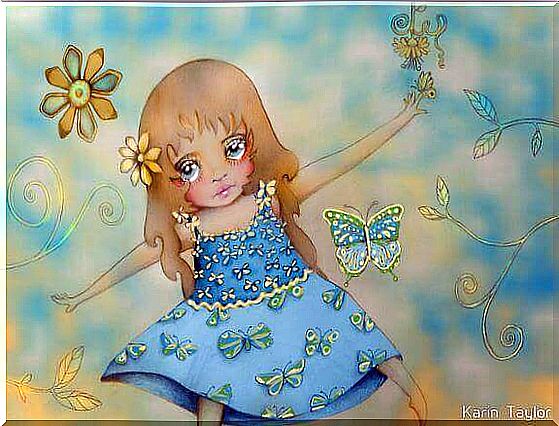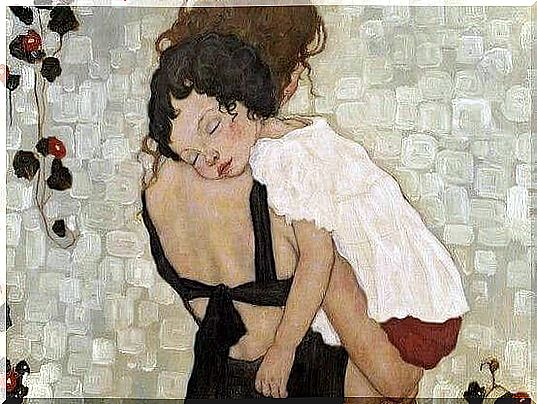Friendly Children Become Nice Adults

We live in a world where war and peace live side by side, where people use others for their own benefit, even if the price for that benefit is death. A world that adults participate in and that children learn from.
The difference between children and adults is innocence. Both cause harm, but children do so without knowing the consequences and without accepting the price of their actions. However, the same does not always happen with adults. We are aware of the damage our actions will cause, and yet we carry out these actions.
Most children are born with a certain amount of inclination to care for others, especially their family. They are born with a kind of kindness, a sense of helpfulness and charity that no one has taught them. It is in the hands of their caregivers to make sure that this tendency remains when they lose some of their innocence, which is a logical and natural process.
Ways to maintain kindness in children
Teaching and modeling tolerance and patience
One of the keys to raising children without frustration is patience, which will show them what to do or what is expected of them. This will create, not a sense of commitment, but rather an adult and mature conversation. You need to be tolerant of them sometimes so that they can feel that they have some control over the situation without going too far.

These two keys, patience and tolerance, must be internalized and serve as guides in interacting with other people. A tolerant and patient society is an understanding and respectful society.
Please, thank you, and I’m sorry
These three expressions must be deeply rooted in them so that they can become polite and friendly people: please, thank you, and I apologize.
They must learn to be grateful, that they get what they get because they deserve it, not because of chance or luck. It will teach them that almost anything can be achieved with effort and commitment, and that they deserve to receive what they receive.
Asking politely for things will set them apart from rude people who prioritize speed and commitment to meet their demands. A simple “please” completely changes the meaning of what they are asking for.
If they know how to recognize and fix their mistakes, for whatever reason, they will always learn through absorption. Asking for forgiveness will make them reverent and consistent in their actions.
Connection as the main tool
Creating a healthy connection marks the difference between one child and another. A familiar warmth must be created that can be a source of comfort and consistency for them. This will create a safe environment where they can play and explore the world. They do not have to be afraid of anything, because they can always rely on the safety of the family.
This type of attachment is created most effectively when you follow them closely and stay calm. If the child falls and scratches the knee, the caregiver must not panic; they need to stay calm and pretend it is not important. This will calm the child and make it so that in the future they will almost laugh when they fall in the park.

Remember that your child’s fears do not go away when you surround them with gifts, but rather when you teach them to trust others in the world. If we teach children that the world is full of dangers, we can not be surprised in a few years when they become scared and emotionally dependent adults, especially in the face of obstacles.
To teach kindness
There are many studies that show how children have a natural tendency to help, share and in short be socially healthy and kind. This tendency can be maintained over time, which prevents them from being poisoned by the bad social habits that surround them.
For this natural inclination to remain, you just have to behave towards them as you expect them to behave in the future, thus cultivating their sensitivity towards others and reducing bad behavior.









